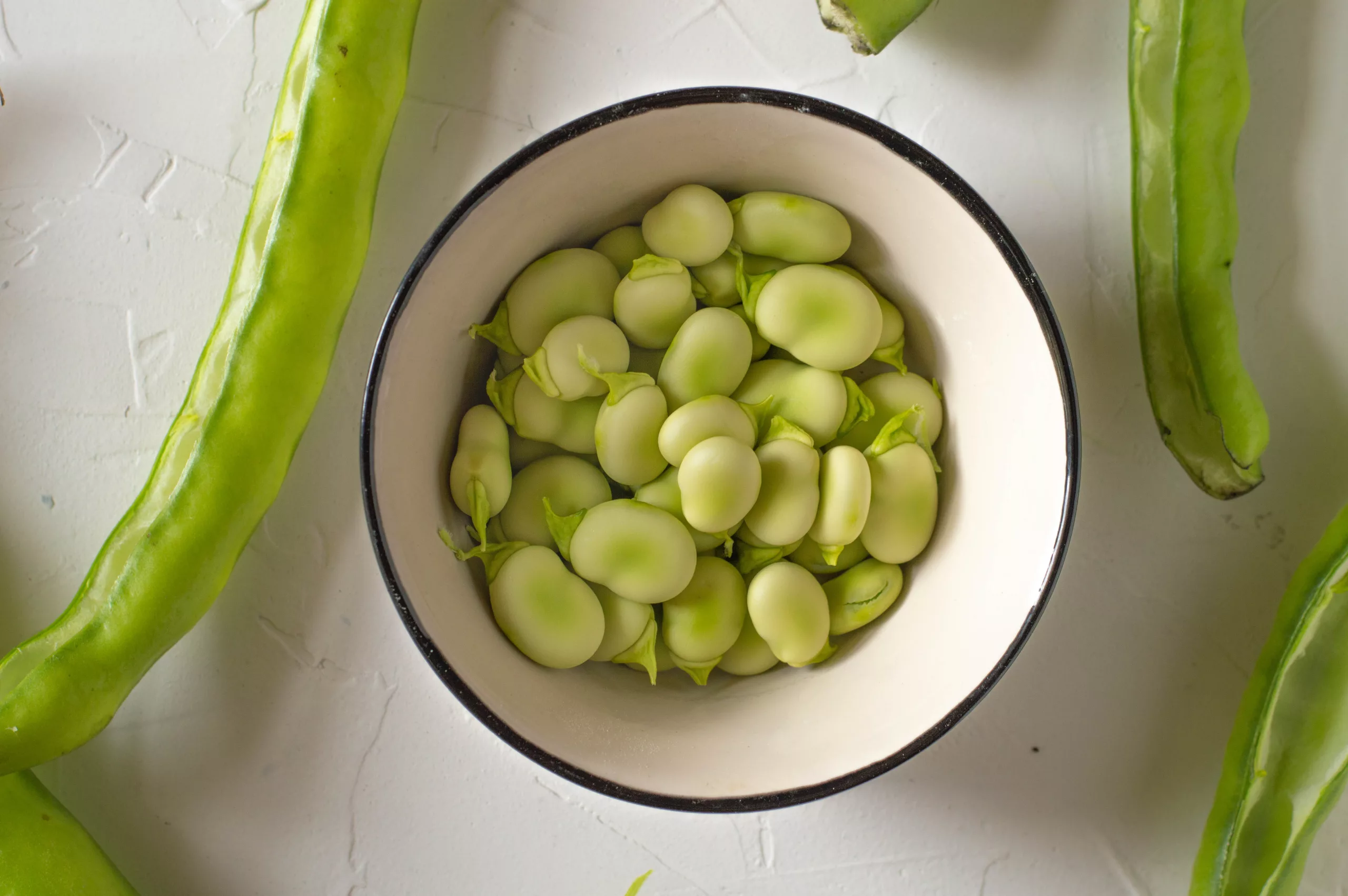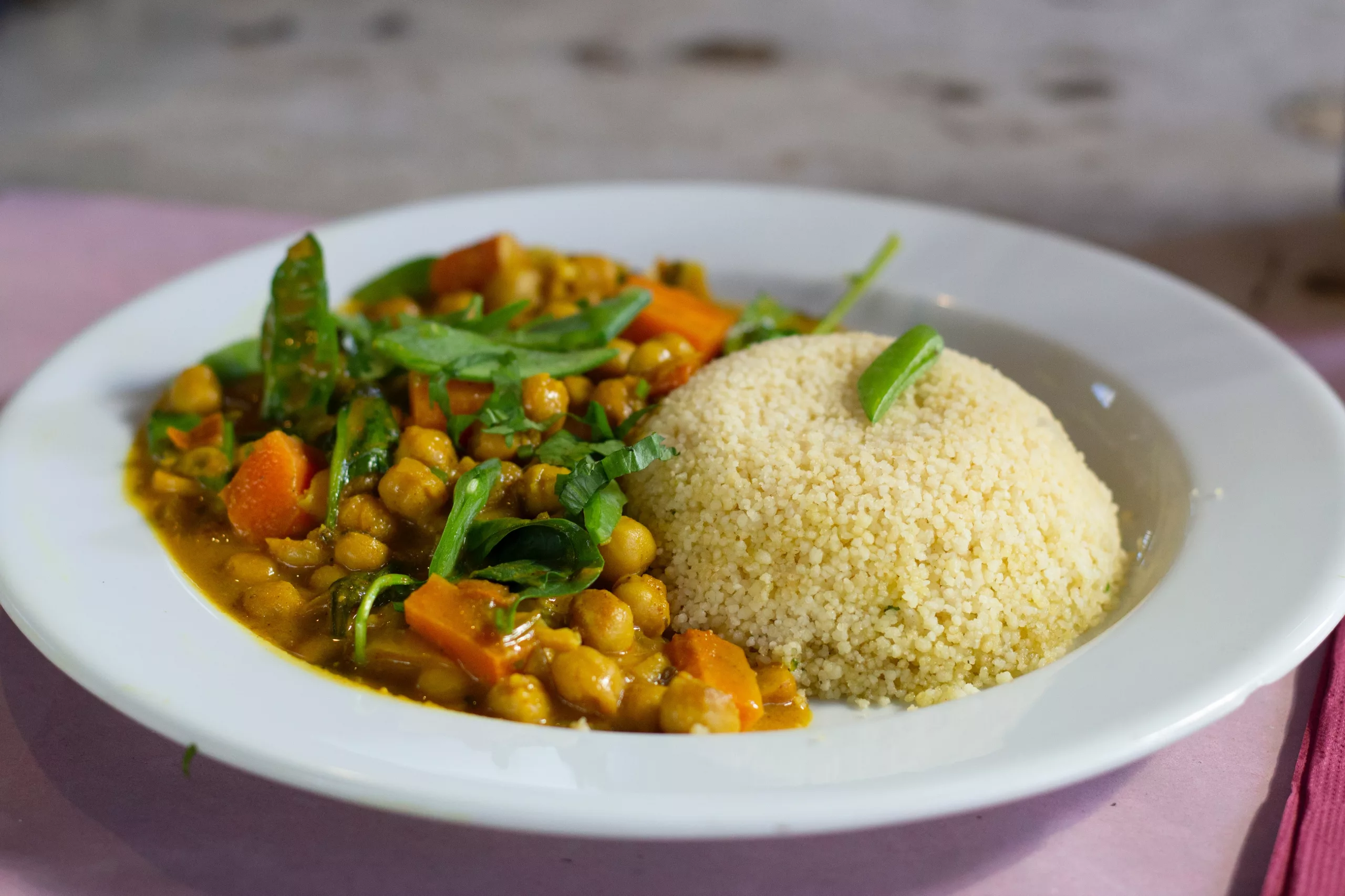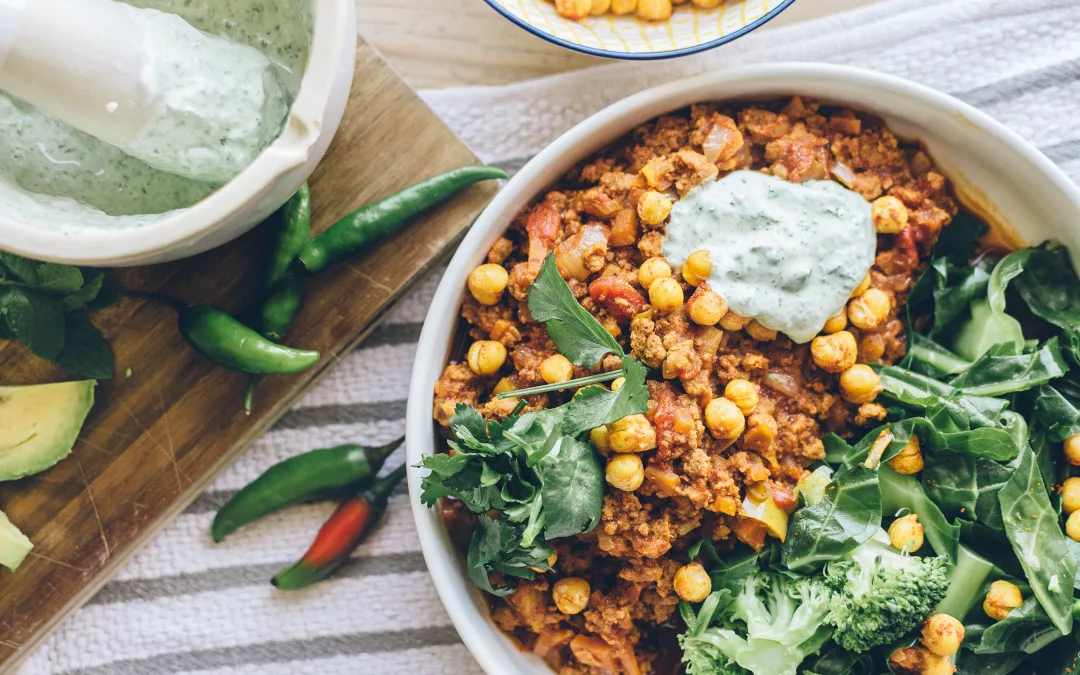Written by Kimberley Gittens, RD on behalf of Rachel McBryan, RD
Many people assume that plant-based diets don’t provide enough protein to meet daily requirements. However, many studies have debunked this popular myth. While it is true that animal products provide complete protein and plant-based sources offer incomplete protein, incorporating a variety of plant-based proteins in your diet can help ensure that your body receives all the necessary amino acids it needs.
Importance of Protein
Protein is an essential nutrient that supports many functions throughout your body. Proteins are made from amino acids, which your body requires to complete many important functions including, building and repairing tissues, making hormones and enzymes, and supporting your immune system.
There are 20 different amino acids that your body requires to function at its best. Of these 20 amino acids, your body is able to produce 11 of these amino acids by itself. These 11 amino acids are known as non-essential amino acids. On the other hand, your body relies on food from the remaining 9 amino acids, known as essential amino acids.
Complete proteins contain all 9 essential amino acids that your body needs, while incomplete-proteins do not. Animal products, such as meat and dairy, contain complete proteins, while plant-based sources, such as legumes, grains, and nuts, contain incomplete protein.
BUT, you can still meet your protein requirements on a plant-based diet. By combining a variety of plant-based proteins, you can ensure your body is receiving all the essential amino acids it needs.
Plant-Based Sources of Protein
There are several sources of plant-based protein that you can incorporate into your diet, including:
-
- Lentils
- Chickpeas
- Tofu
- Tempeh
- Edamame
- Quinoa
- Hemp seeds
- Chia seeds
- Nuts (such as almonds, cashews, and peanuts)
- Nut butters (such as peanut butter and almond butter)
- Seeds (such as pumpkin, sesame, and sunflower seeds)
- Seitan
- Soy milk
- Oats
- Brown rice
Many plant-based foods are excellent sources of protein. For example, legumes like lentils and chickpeas having as much as 18 grams of protein per cup, while soy-based products like tofu and tempeh contain around 10 to 20 grams of protein per 100 grams.
Unlike many other plant-based sources of protein, tofu contains all nine essential amino acids, making it a complete protein source. Additionally, Tofu is low in fat, and a good source of many micronutrients including calcium, magnesium and iron.
By incorporating these plant-based protein sources into your meals, you can ensure that you are meeting your daily protein needs while also enjoying a variety of delicious and nutritious foods.

Benefits of a Plant-Based Diet
Plant-based diets have gained popularity in recent years, and for good reason. They are a rich in nutrients such as fibre, vitamins, minerals, and antioxidants which are essential for good health. The nutrient-dense nature of plant-based diets, they are associated with many health benefits including a reduced risk of chronic diseases such as heart disease and diabetes.
Building a Balanced Diet with Plant-Based Protein
When planning your meals, it’s important to incorporate a variety of protein sources to meet your daily requirements for essential amino acids. By combining different sources of protein you can ensure that your consuming a ballooned diet and your body is receiving all the necessary nutrients it needs to function optimally.
Check out the recipe below for a tasty, plant-based meal.
Chickpea and Spinach Curry
This Chickpea and Spinach Curry is a flavourful dish is packed with protein and fibre from chickpeas and spinach, and is bursting with aromatic spices like cumin, ginger, and garam masala. It is also easy to make and perfect for a cozy weeknight dinner.
Ingredients
-
- 2 tbsp olive oil
- 1 onion, chopped
- 3 garlic cloves, minced
- 1 tsp ground cumin
- 1 tsp ground coriander
- 1 tsp ground turmeric
- 1 tsp ground ginger
- 1 tsp garam masala
- 1/2 tsp paprika
- 1/4 tsp cayenne pepper
- 1 can (15 ounces) chickpeas, drained and rinsed
- 1 can (14.5 ounces) diced tomatoes
- 1 can (13.5 ounces) coconut milk
- 1 tbsp tomato paste
- 1 tsp salt
- 1/4 tsp black pepper
- 4 cups baby spinach
Directions
-
- In a large pot, heat the olive oil over medium heat. Add the onion and sauté until softened, about 5 minutes.
- Add the garlic, cumin, coriander, turmeric, ginger, garam masala, paprika, and cayenne pepper. Cook until fragrant – takes about 1 minute.
- Add the chickpeas, diced tomatoes, coconut milk, tomato paste, salt, and black pepper. Bring to a simmer and cook for 15 minutes.
- Add the baby spinach and cook until wilted, about 3 minutes.
- Serve hot with rice or naan bread.

Work with a Registered Dietitian
If you’re interested in adopting a plant-based diet, it’s important to work with a registered dietitian to ensure that you’re meeting all of your nutrient needs. With the right planning and knowledge, a plant-based diet can provide all of the nutrients your body needs to thrive.
Build a Balanced Plant-Based Diet
Working with a Registered Dietitian will ensure that you’re meeting all of your nutrient needs with a plant-based diet. Book a FREE discovery call to get started!
References
Complete vs. Incomplete Proteins and Examples. (2022, December 6). Cleveland Clinic. https://health.clevelandclinic.org/do-i-need-to-worry-about-eating-complete-proteins/
Millward, D. J. (1999). The nutritional value of plant-based diets in relation to human amino acid and protein requirements. Proceedings of the Nutrition Society, 58, 249–260. https://doi.org/10.1017/S0029665199000348
Plant-Based Protein Infographic. (n.d.). American Heart Association. Retrieved February 22, 2023, from https://www.heart.org/en/healthy-living/healthy-eating/eat-smart/nutrition-basics/plant-based-protein-infographic
Satija, A., & Hu, F. B. (2018). Plant-based diets and cardiovascular health. Trends in Cardiovascular Medicine, 28(7), 437–441. https://doi.org/10.1016/J.TCM.2018.02.00
Kimberley is a Registered Dietitian, licensed in Ontario. She helps clients across Ontario control their blood sugars and reduce their risk of chronic conditions.

